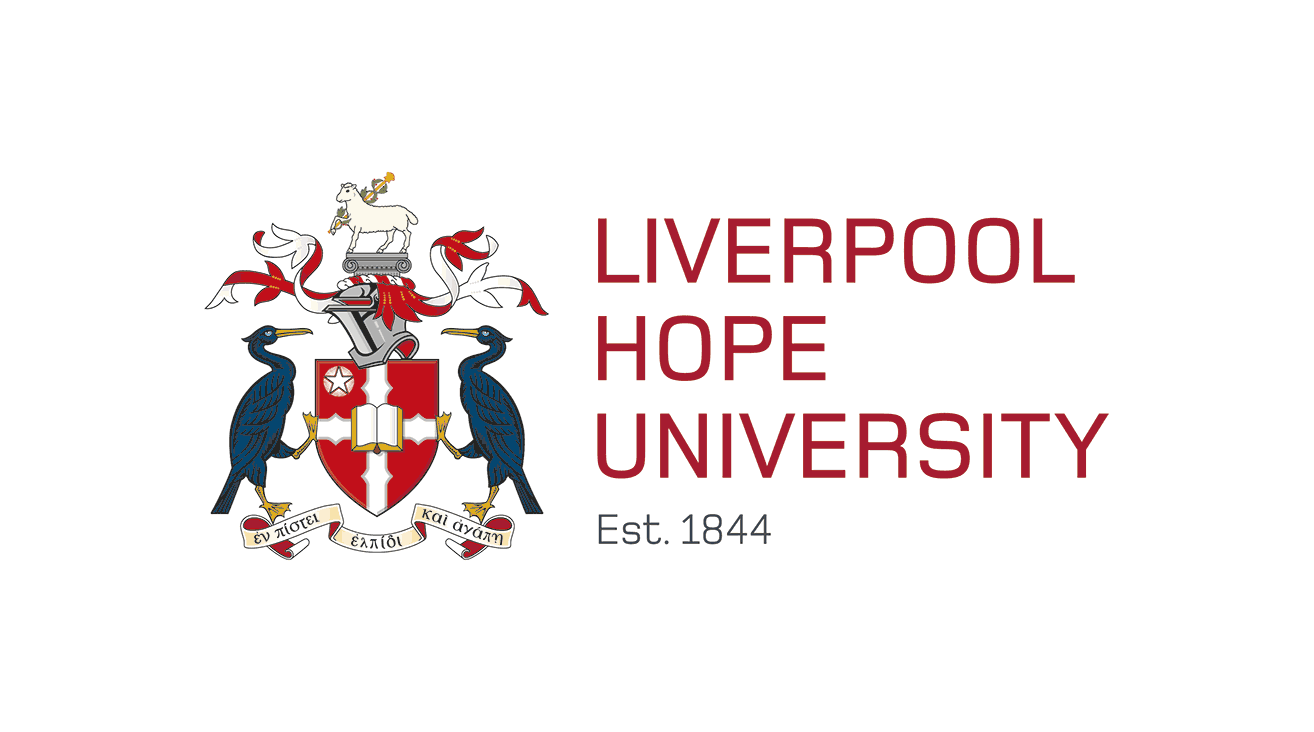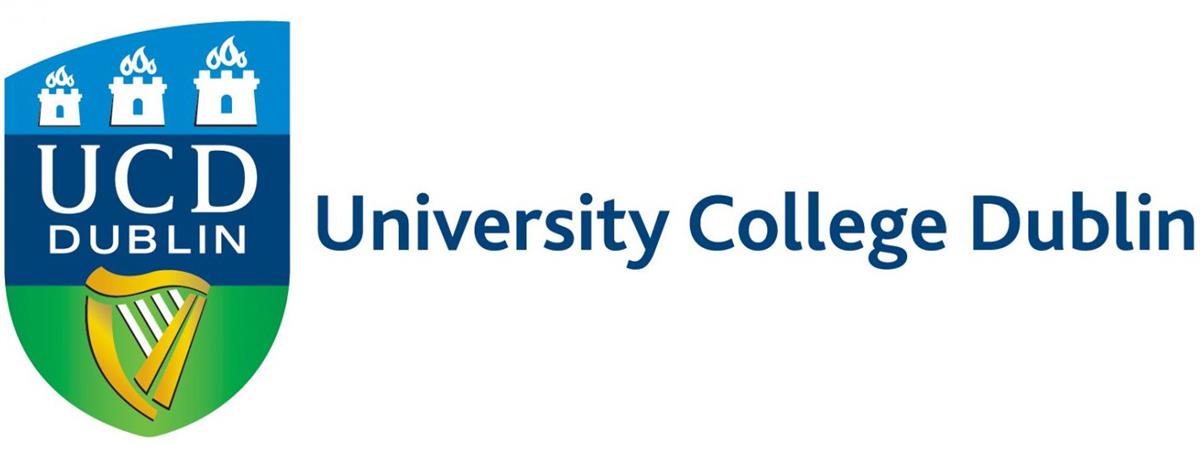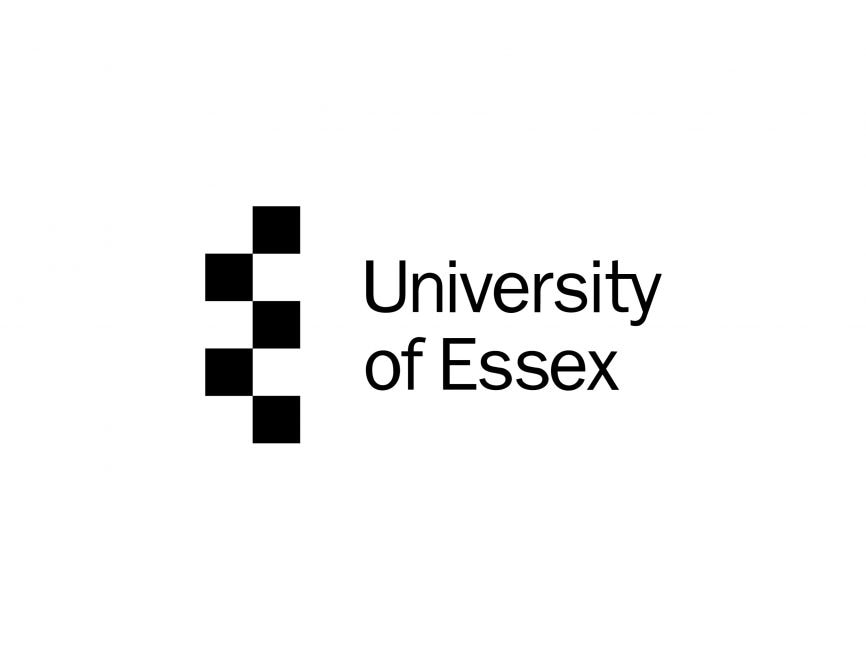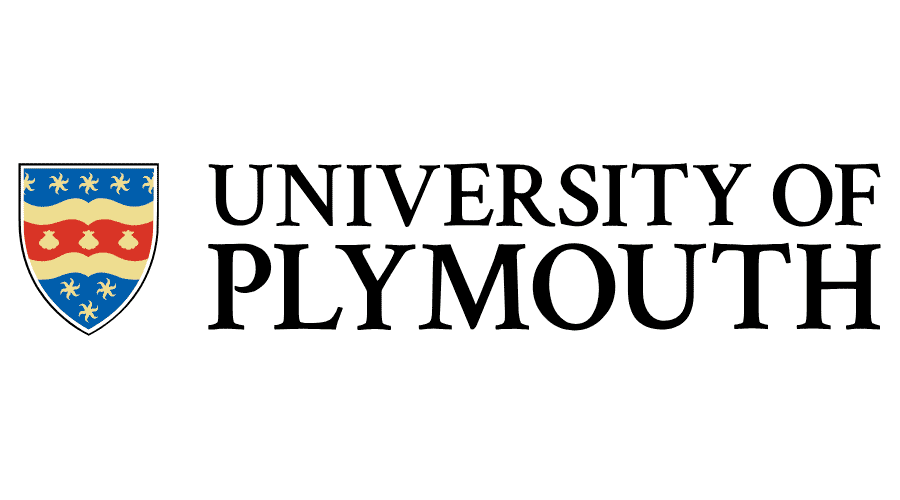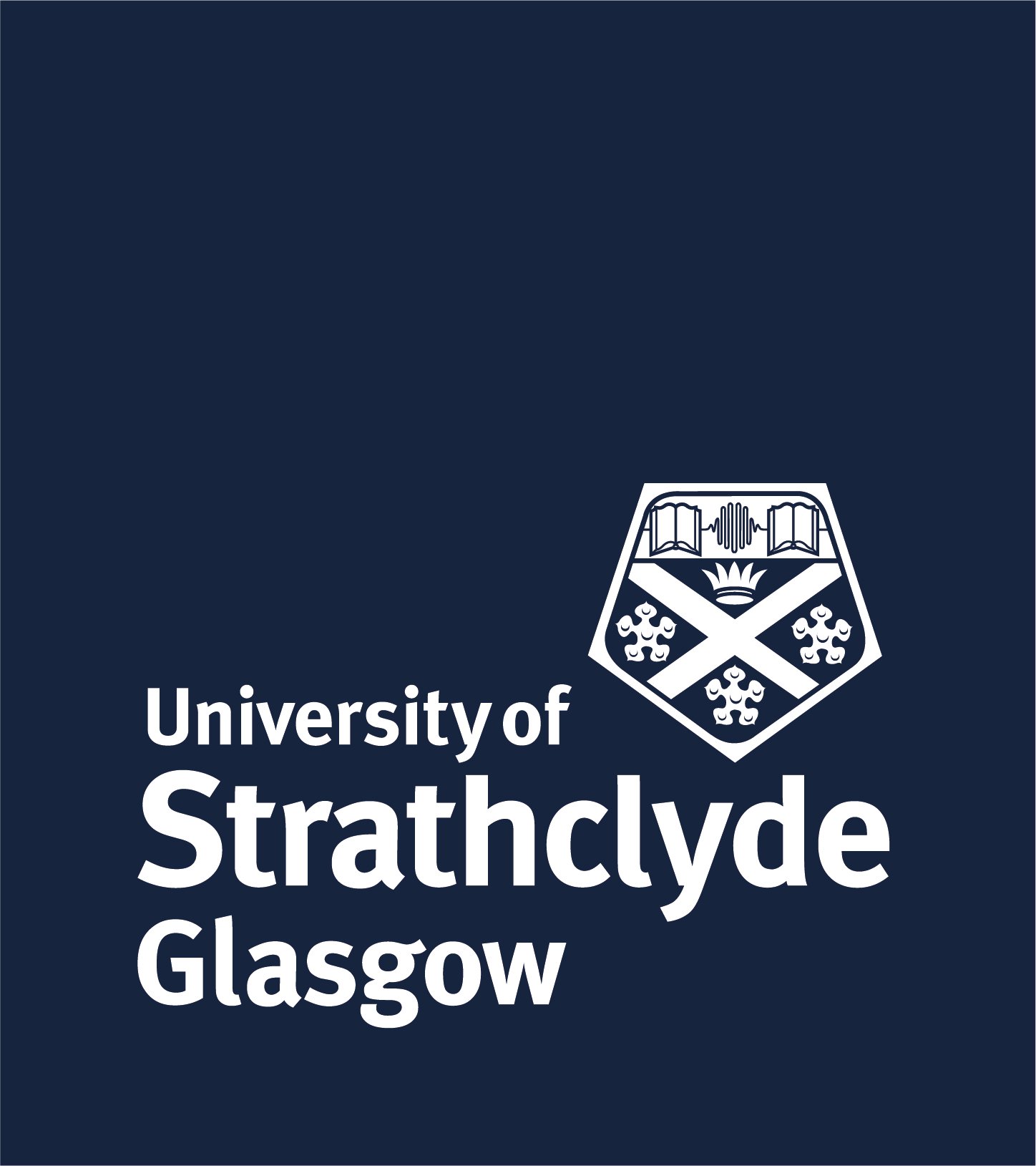Politics & International Relations: Your Global Journey Starts Here
Are you an Indian student with a keen interest in global affairs, justice, and the mechanisms that shape our world? Do you envision yourself contributing to international diplomacy, policy-making, or conflict resolution? Then studying Politics & International Relations abroad is your gateway to a truly impactful career and a profound understanding of the interconnected challenges facing humanity.
This comprehensive course page is designed to guide you through the exciting world of Politics & International Relations, specifically tailored for Indian students considering an international education. We'll explore what this field entails, why studying it abroad is an unparalleled advantage, potential career paths, and how to prepare for this transformative academic journey.
What is Politics & International Relations?
Politics is the study of power: how it is acquired, exercised, and distributed within societies. It delves into political systems, ideologies, public policy, governance, and the behavior of political actors. International Relations (IR), on the other hand, focuses on the relationships between states, international organizations, non-state actors, and global issues such as peace and conflict, human rights, economic development, and environmental sustainability.
Together, these disciplines offer a holistic perspective on the forces that shape local, national, and global landscapes. You will learn to critically analyze political events, understand diverse cultural perspectives, and develop solutions to complex problems ranging from local governance challenges to international crises.
Why Study Politics & International Relations Abroad?
For Indian students, pursuing Politics & International Relations abroad offers a multitude of unique benefits:
Global Perspective and Exposure:
Studying in a different country immerses you in a new political and social context. You'll gain first-hand insights into diverse governance models, societal norms, and international relations dynamics, which are invaluable for this field.Access to World-Class Institutions:
Many universities in the UK, USA, Canada, and Europe are renowned for their cutting-edge research, distinguished faculty, and comprehensive curricula in Politics & IR.Diverse Peer Group:
Collaborating with students from various nationalities enriches classroom discussions and broadens your understanding of different viewpoints on global issues. This multicultural environment fosters essential diplomatic and cross-cultural communication skills.Specialized Modules and Research Opportunities:
International universities often offer unique specializations, research centers, and opportunities to engage in real-world policy analysis or fieldwork that might not be available domestically.Enhanced Language Skills:
While many courses are taught in English, living abroad naturally enhances your proficiency in the local language, which can be a significant asset in international careers.Networking Opportunities:
Studying abroad provides unparalleled networking opportunities with international academics, professionals, and future leaders, opening doors to global career prospects.Personal Growth and Independence:
Navigating a new culture, managing your studies, and living independently fosters resilience, adaptability, and self-reliance – qualities highly valued in any professional field.
Core Areas of Study
A typical Politics & International Relations curriculum might cover a broad range of subjects, including:
- Political Theory and Philosophy
- Comparative Politics (examining political systems across different countries)
- International Security and Conflict Studies
- International Political Economy
- Public Policy and Administration
- Human Rights and International Law
- Foreign Policy Analysis
- Global Governance and International Organizations (e.g., UN, WTO)
- Regional Studies (e.g., European Politics, Asian Politics)
- Research Methods in Political Science
Teaching Methods and Assessment
You can expect a dynamic learning environment that includes:
- Lectures and Seminars
- Group Projects and Presentations
- Debates and Simulations (e.g., Model UN)
- Essays and Research Papers
- Examinations
- Dissertation or Thesis (at Master's level)
Many programs also incorporate guest speakers from government, NGOs, and international bodies, as well as opportunities for internships.
Career Opportunities
A degree in Politics & International Relations equips you with highly transferable skills, making graduates attractive to a wide array of employers globally. Here are some prominent career paths:
| Career Path | Description | Key Skills Utilized |
|---|---|---|
| Diplomat / Foreign Service Officer | Representing your country's interests abroad, engaging in negotiations, and fostering international relations. | Diplomacy, negotiation, cross-cultural communication, policy analysis. |
| International Organization Specialist | Working with bodies like the UN, World Bank, or NGOs on global issues such as development, human rights, or humanitarian aid. | Project management, advocacy, research, inter-agency coordination. |
| Policy Analyst / Researcher | Conducting research, analyzing data, and advising governments, think tanks, or corporations on policy issues. | Critical thinking, research methods, data analysis, report writing. |
| Journalist / Foreign Correspondent | Reporting on political events, international affairs, and global trends for media outlets. | Investigative skills, communication, understanding of global events, ethical reporting. |
| Political Risk Analyst | Advising businesses and investors on political developments that could impact their operations in different countries. | Geopolitical analysis, risk assessment, economic understanding. |
| Lobbyist / Public Affairs Consultant | Advocating for specific causes or organizations, influencing public policy and opinion. | Persuasion, communication, understanding of legislative processes. |
| Intelligence Analyst | Gathering and interpreting information to provide insights on national security threats or international developments. | Analytical skills, critical thinking, attention to detail, understanding of global affairs. |
| Academic / Educator | Pursuing further studies (Master's, PhD) and teaching at universities or colleges. | Research, teaching, critical analysis, subject expertise. |
What Do You Need to Apply?
While specific requirements vary by university and country, here's a general overview for Indian students:
Undergraduate (Bachelor's) Programs:
- Academic Transcripts: Strong academic record from your 10th and 12th standard examinations.
- English Language Proficiency: IELTS (typically 6.0-7.0 overall) or TOEFL scores.
- Statement of Purpose (SOP): A compelling essay outlining your motivations, academic interests, and career aspirations.
- Letters of Recommendation (LORs): From teachers or counselors who can attest to your academic abilities and potential.
- Standardized Tests: Some US universities may require SAT or ACT scores.
Postgraduate (Master's) Programs:
- Bachelor's Degree: A relevant undergraduate degree, often with a strong academic performance (e.g., 60-65% or above).
- English Language Proficiency: Higher IELTS (typically 6.5-7.5 overall) or TOEFL scores.
- Statement of Purpose (SOP): A detailed essay explaining your research interests, why you chose the specific program, and your future goals.
- Letters of Recommendation (LORs): Usually 2-3 academic references.
- CV/Resume: Highlighting academic achievements, relevant work experience, internships, and extracurricular activities.
- GRE Scores: Required by some US universities, particularly for research-oriented Master's programs.
- Writing Sample: Some programs, especially research-intensive ones, may ask for an academic essay or research paper.
Preparing for Your Study Abroad Journey
Here are some tips to help you prepare:
- Research Extensively: Explore universities, programs, and countries that align with your academic and career goals. Consider factors like curriculum, faculty expertise, location, and post-study work opportunities.
- Improve English Skills: Start preparing for IELTS or TOEFL early and try to immerse yourself in English-language media (news, documentaries on international affairs).
- Build a Strong Profile: Engage in extracurricular activities, debates, Model UN, internships, or volunteer work related to politics, social justice, or international affairs. This strengthens your SOP and CV.
- Financial Planning: Research tuition fees, living costs, and available scholarships. Start planning your finances well in advance.
- Connect with Alumni: Reach out to Indian students who have studied Politics & IR abroad for insights and advice.
- Stay Informed: Read international news, journals, and books on global politics and current affairs to demonstrate your genuine interest in the field.
Studying Politics & International Relations abroad is more than just an academic pursuit; it's an investment in a global future. It will challenge your perspectives, hone your analytical abilities, and prepare you to be a thoughtful, informed, and influential global citizen. We encourage you to take this exciting step and embark on a journey that will shape your understanding of the world and your place within it.
Visualize Your Future:
Imagine yourself debating global policy in a historic European lecture hall, or collaborating on a research project with students from every continent.

